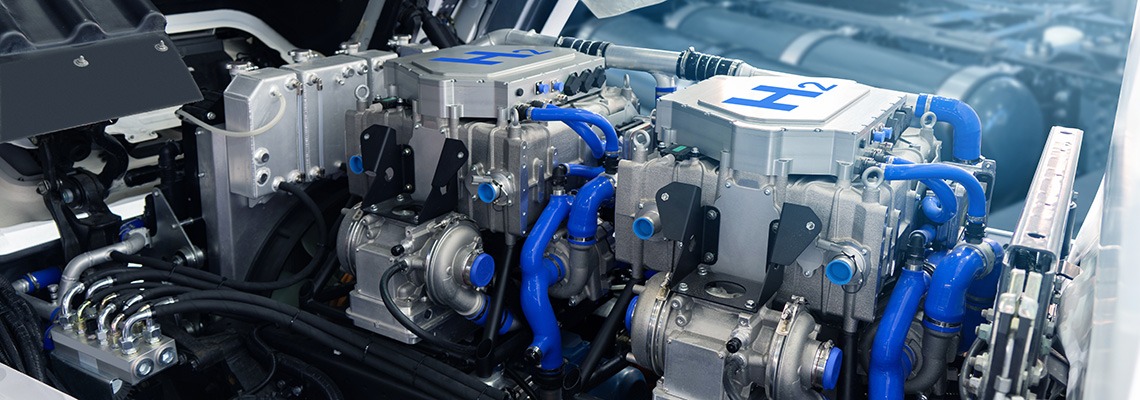Restructured Water Boosts Electrolysis Efficiency
In a paper published in August 2025 in JACS Au (American Chemical Society), Chinese researchers showed that by steering the hydrogen-bond network of interfacial water via a steady magnetic field, they sliced off about 50 millivolts of overpotential for the hydrogen evolution reaction and cranked current density up by 15.4% under industrial alkaline electrolysis conditions.
Water molecules near the electrode reshuffle into more asymmetrical clusters. These lopsided water gangs hand off protons and electrons much faster, slicing the energy penalty for hydrogen evolution.
Source: Hydrogen Fuel News: Read The Article
PSR Analysis: Saving a few tens of millivolts might sound small, but when you scale it up to an industrial scale it translates to serious energy savings. For green hydrogen producers, that could mean lower operating costs, ramped-up throughput, and a sharper edge in the market, all of which can encourage hydrogen production and make it cheaper and hence more readily available for those industries and vehicles that could use it. PSR
Guy Youngs is Forecast & Adoption Lead at Power Systems Research


